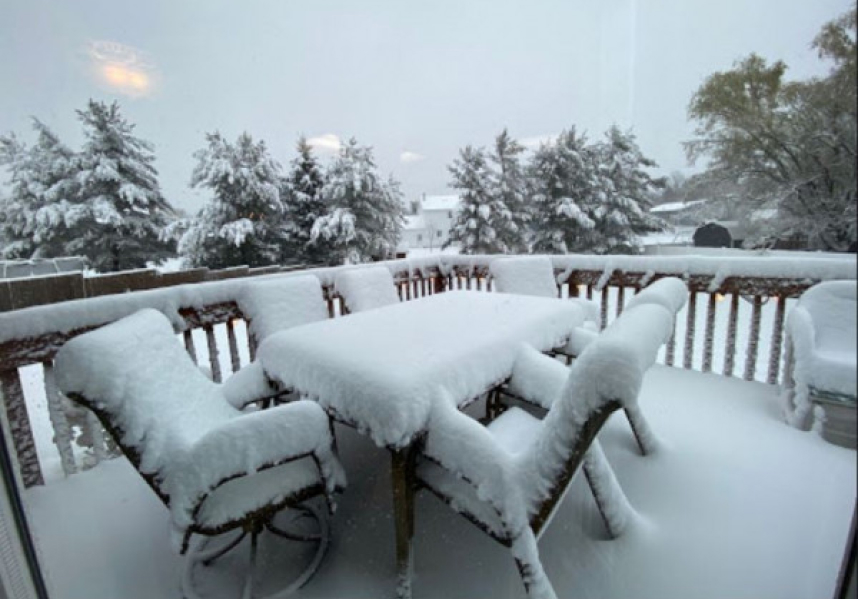Is Your Home At Risk For Extreme Weather?

When an unfortunate natural disaster takes place and your home is impacted are you confident that your home policy will cover the damages?
In the wake of the February Winter Storm of 2021 it might be a good time to start looking over your home insurance and it’s covered and not covered clauses. Before another event happens and it is highly possible with the climate changing each year, you want to be speaking with your insurance agent at least once a year to go over your home insurance policy. There are many things covered under a standard policy, some perils like weather related events fall under different paths in your policy and may have different deductibles.
If you live in a part of the country that are more prone to hurricanes, like the gulf coast or along the east coast then you probably are familiar with a “hurricane deductible.” And in other states that are more prone to tornadoes will likely have wind/hail damage deductibles. Deductible amounts may range from 1% to 5% (with a minimum of $500) depending on the type of policy and the parameters set in that specific policy. One way to save on insurance is to have a higher deductible where it could lower the premium and vice versa.
One important thing to know is that the percentage based deductibles are based on the insured value not the amount of the damage caused.
For example: If your home is insured for $300,000 and your hurricane deductible is 2%, then your responsibility with that policy is to cover the first $6,000, despite the total cost of the damage. It would be best to find coverage that will cover the share of your responsibility in the aftermath of a disaster.
Floods
A homeowners policy is going to generally exclude flooding from coverage. 1 and 4 flood insurance claims come from outside a high-risk zone. So if you’re worried about coverage that will help cover the costs of a flood you’ll need to get a separate flood insurance through either the federal National Flood Insurance Program or a private insurer. Always check for coverage exclusions and any limitations in the policy. Also, one thing to remember is that it takes an about 30 days for flood policies to kick in and take effect. While flooding is a common occurrence with natural disasters, fewer than 15% of homeowners have flood insurance according to the Insurance Information Institute.
Storm damage that occurs during a federally declared disaster may give homeowners the ability to seek aid from government programs that provide financial assistance like FEMA grants and small business administration loans. It’s not a guarantee and it most likely won’t be immediate but it may exist in some areas.
When Hurricane Harvey hit Texas in 2017, an average FEMA grant of $7,000 was available for individuals while an average claim through the National Flood Insurance Program was more than $100,000. If you find yourself in a situation without flood coverage how could you ever pay to rebuild your life?
So What If I Am A Renter?
Let’s say you don’t own the home you live in, you are still at risk for extreme financial struggle if a storm damages the home where you live. The owner of the property may have insurance that coves the structure but you would be responsible for your own property. Renter’s insurance can cover your belongings in your home. It can also cover the cost of relocation when you can’t remain in your home after the storm or the insured event.
A policy with $40,000 insurance coverage for personal property with a $1,000 deductible and $100,000 of liability protection is about $197 a year (about $17 a month), according to an Insurance.com rate analysis.
In the end, it’s worth making sure that you have enough coverage and the right coverage for your home in the event you need to rebuild. Make sure that the coverage amount for rebuilding directly reflects the current cost of replacement for your home. Ask your insurance agent to go over the policy with that in mind. Take into consideration the construction costs of the area where the home was built and any building codes. If you think you are at risk for extreme weather in your location then it is worth having an evaluation of your policy and a nice discussion with your insurance agent.
